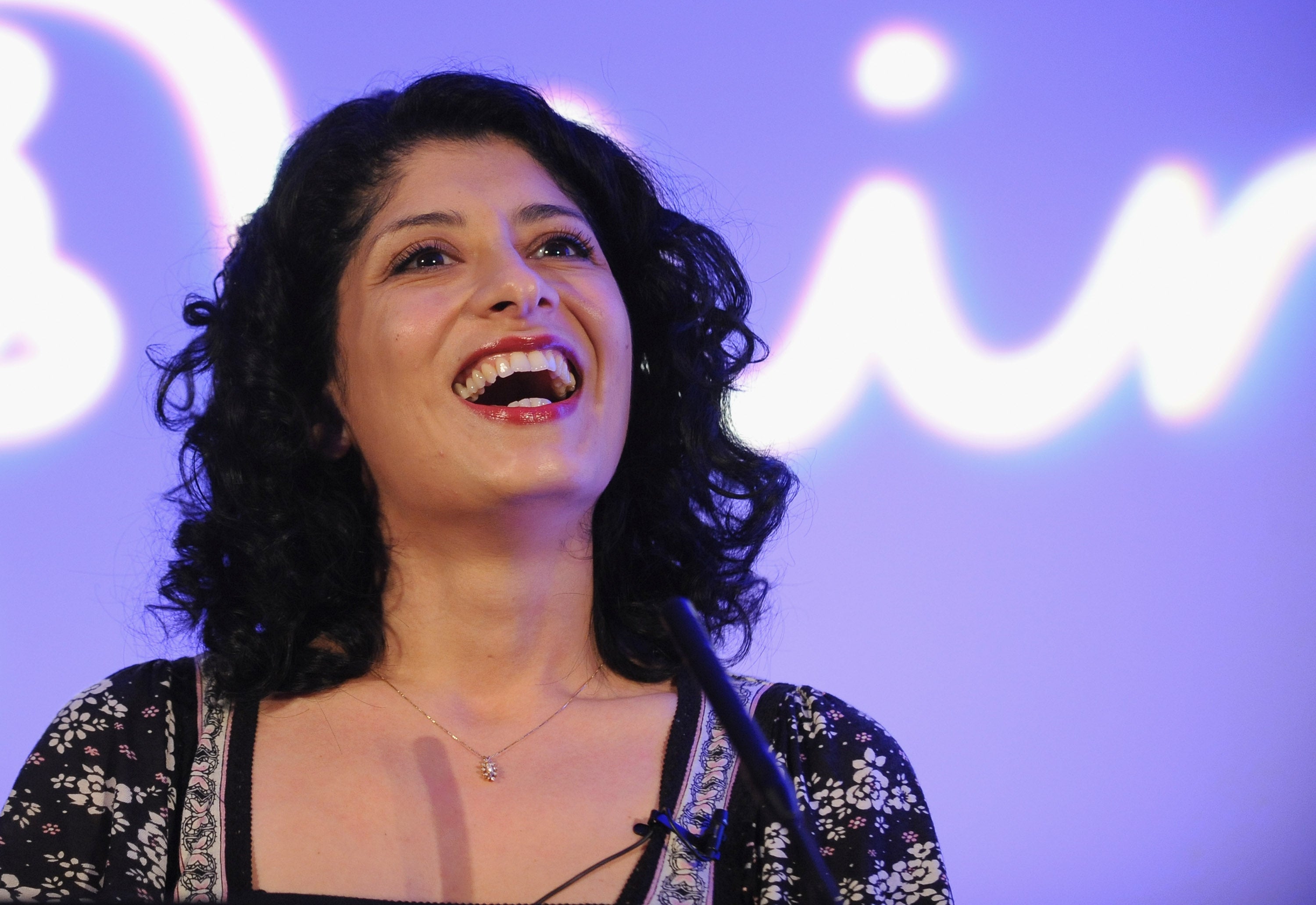Why I have decided to change my name from ‘Shappi’ back to ‘Shaparak’
I’m only now scratching the surface of how often in my life I have internalised bigotry and tried to bend in a direction which would make my foreignness more comfortable for other people – changing my name was a part of that


There is no doubt that our name, that formation of sounds we use to introduce ourselves to the world, is important. It’s literally who we are. It can be cumbersome to have a name that others don’t pronounce easily. Pity those called Featherstonehaugh. It’s pronounced “Fanshaw”. “I’m afraid we don’t have a booking under that name” is something I imagine they hear a lot. The name St John is pronounced “Sin-jun”. I only know that because I’ve seen Four Weddings and a Funeral.
But people called Featherstonehaugh, St John and Cholmondeley (pronounced “Chumley”) rarely say, “Christ, booking a hotel is a bloody faff, let’s just change it to ‘Patel’. No one can mispronounce that unless they are an actual banana.”
But those of us with perfectly lovely names, which happen to be from a language which is different to the one in the country we live in, frequently change our glorious names or adapt the pronunciation to make things easier for others, whereas the Fetherstonehaughs swan about shaking their heads at why people can’t understand something as simple as spelling a name completely differently to how it is pronounced.
Shaparak is the name my parents gave me. It is pronounced “Shah-pah-rak”. My parents like unusual names and Shaparak is a very fancy, poetic word in Persian for “butterfly”. My brother is called Peyvand, another Persian name unusual even in Iran. It means “fusion” and is mostly used in the context of love.
As children, when Iranians heard our names, they often exclaimed, “What beautiful names!” But after our move as children to England, these beautiful names quickly became “Shakattak” and “Pavement” (or something ruder) in the playground and beyond. Everytime a new teacher read the register, they would trill, “Sarah! Lucy! Emily!” then stall at my name... “Sha-sha-shap-shapar-sharapoff?” and my face would burn and the other kids would titter at my silly name and I grew to hate every moment when I had to introduce myself to people and say my name out loud.
At 16, I reinvented myself and became “Shappi” in all formal records. It was a relief. When I started my career, Shappi Khorsandi became my professional name. As I get older though, and more comfortable in my own skin and less interested in pleasing other people, “Shappi” just doesn’t sit as right with me. It sounds like a name you’d call a Cavapoo puppy. (I moved into my house a few years ago to find my new neighbour had a Bichon Frise called “Shamp”’. It was a very confusing settling-in period. Every time she called her dog, I would run outside wagging my tail.)
It is very common for people with foreign names to Anglicise them. In my Iranian community, so often “Babak” becomes “Bobby”, “Fereydoon” becomes “Freddie”. I understand why people do this – I did it myself – but now I feel like I relinquished a huge part of my identity because I was made to feel embarrassed by my name and I wanted to fit in.
“What’s in a name,” you might think. Well, everything. Line of Duty actor Thandiwe Newton decided to reclaim the “W” in her name after early in her career other people decided “Thandie” would just work better for showbusiness. They didn’t discuss it with her. It took her a while to say, erm, “that’s not my name”, and popped the stolen letter back.
The ancient names of Persian kings, “Daryoosh” and “Sirus”, have been anglicised to Darius and Cyrus and are common names of the children of Iranian diaspora like me, who want to have names which work in both languages. I totally get wanting to keep the connection to your heritage through your children’s names, but the pool of names to choose from becomes very small and among my circle of friends and family, by the time my children came along, they were all taken. I didn’t care. I wanted to give my children names that I loved, not names to appease my ancestors and prevent them having a headache when ordering a pizza.
I felt pressure to give my children “works in both languages” names. I scoured the internet looking for names which had Persian roots – Lily, Sara, Dara, Sam – so as not to let the side down. Xerxes was briefly on the list for my poor son. I gave up and just gave them names I loved. They happen to be Roman names, Cassius and Genevieve. Occasionally we have a problem with their names being pronounced by Iranians. “Kiss Casra and Geneva for me,” a family friend said to me recently.
I’m only just now scratching the surface of how often in my life I have internalised bigotry and tried to bend in a direction which would make my foreignness more comfortable for other people. Changing my name was a part of that. My real name is beautiful and I would like it back. So what if I spend the rest of my life going, “No, it’s a gentle ‘K’ at the end, not ‘KHKHGH’, relax your throat!”. It’s the name my parents gave me as lovingly as I gave names to my own children. My name is Shaparak, not Shappi. I, my friends, am a butterfly, not a cavapoo.
Join our commenting forum
Join thought-provoking conversations, follow other Independent readers and see their replies
0Comments